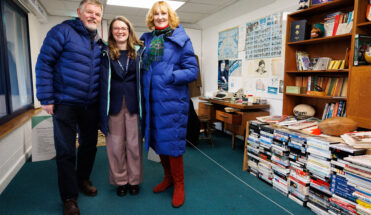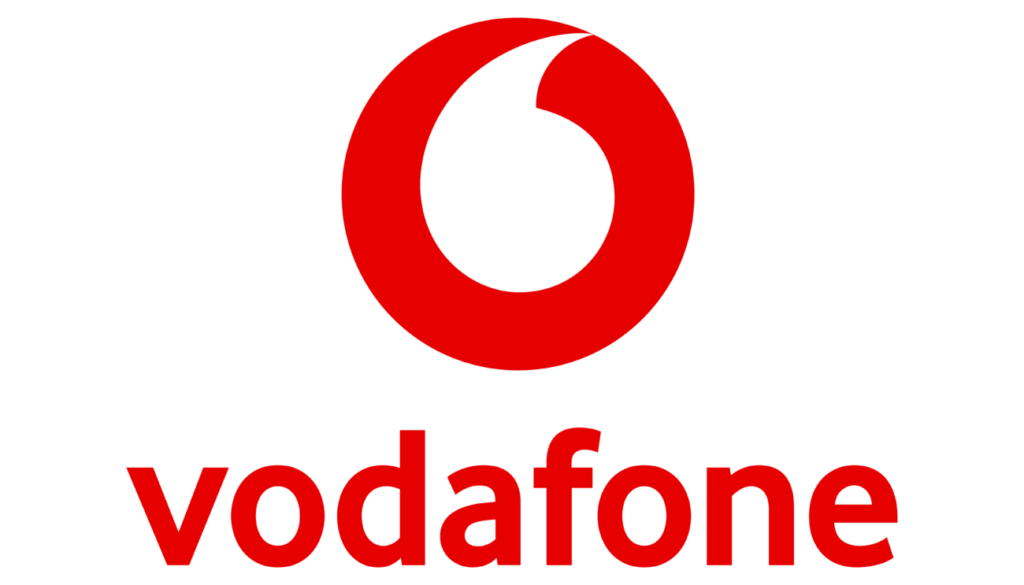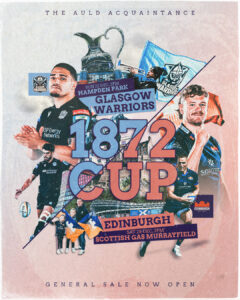Scottish Rugby Inducts Dynamic Dozen To Hall Of Fame
Scottish Rugby has tonight (Thursday 4 November) inducted 12 iconic personalities into its first official Hall of Fame. At a glittering ceremony at Murrayfield Stadium hosted by Dougie Donnelly and featuring the razor-sharp wit of Rory Bremner, the rich and enduring heritage of the game in Scotland was celebrated. Read on to reveal the names of the celebrated dozen. Scottish Rugby decided to set up the Hall of Fame as a means of recognising the glorious contribution made by so many individuals over the past 139 years. Scottish Rugby’s Chairman, Allan Munro, said: “We have been trail-blazers in many regards – whether playing and hosting the first ever rugby international in 1871, to establishing the phenomenon that is seven-a-side rugby – and it is right and proper that Scottish Rugby pays public homage to the pioneers and those who have ensured the Scottish rugby flame burns bright.” Five great rugby Scots, former Scotland and British Lions quartet – Sir Ian McGeechan, John Jeffrey, John Beattie and Chris Rea – joined by their fellow internationalist and erstwhile Scotsman correspondent Norman Mair – had the unenviable task of choosing the first inductees. Jeffrey told www.scottishrugby.org : “There are many candidates for inclusion in the Hall of Fame and clearly identifying the first 12 inductees has provoked very lively debate. “It’s something that I suppose we’ve all done in our time in a rugby clubhouse but it’s been both a huge responsibility and privilege to be involved in this process.” The panel decided that current players and employees of Scottish Rugby are ineligible for induction. Jeffrey added: “We believed it was particularly important to involve Scotland supporters in establishing the Hall of Fame. “Supporters voted in a poll on the Scottish Rugby website to select an era from which they would make their choice and then chose from six strong candidates.” The 12 inductees are: Pre World War 1 – David Bedell-Sivright (Cambridge University, West of Scotland, Edinburgh University) – Debuting against Wales in 1900, David Bedell-Sivright went on to win 22 Scotland caps. A pioneer of the wing forward role, he was regarded as the hardest man to play for Scotland and is the only Scot ever to play in three Triple Crown winning sides (1901, 1903 and 1907). He was the only player to tour with both the 1903 and 1904 British Isles sides (captaining the 1904 Australasian tour, aged 23) and also captained Scotland. After he retired from international rugby he became the 1909 Scottish heavyweight amateur boxing champion. A surgeon by profession, he died on active service at Gallipoli. World War 1-World War 2 – GPS Macpherson – Phil Macpherson, a centre/stand-off from Oxford University and Edinburgh Academicals won 26 caps for Scotland. Making his international debut against France in 1922, he played in Scotland’s matches that season and went on to score his first try for his country against Wales in 1924. In 1925, he captained Scotland to their first Grand Slam. Rated the most brilliant attacking centre of his era bar none, he played his last game against England in 1932. 1945-1959 – Ken Scotland, a full-back/stand-off from Heriot’s, Cambridge University, Leicester and Aberdeenshire, won 32 caps for his country. Both his debut and his last international came against France at Colombes, the former in 1957 and the latter in 1965. He was a world-class and gifted individual, who set new standards for full-back play, pioneering the counter-attack role, truly a player ahead of his time. One of the stars of the 1959 Lions tour to Australasia, scoring 12 tries, he also represented Scotland at cricket. 1960s – Sandy Carmichael (West of Scotland) – he was one of the speediest, most versatile props ever to pull on an international jersey. Making his debut against Ireland in 1967, he went on to earn 50 caps, a record for a Scottish forward at the time, and was notably involved in two heroic try-saving tackles in the victory over France in 1969. He played for the British Lions on the 1971 tour to New Zealand and 1974 tour of South Africa. One of the bravest and fairest players to grace the game, his last international was against Ireland in 1978. 1970s – Andy Irvine (Heriot’s) – Andy Irvine MBE earned 51 caps – 15 as captain and scored 273 points for Scotland. One of rugby’s greatest running full-backs made his international debut against New Zealand in 1972. With blistering pace and attacking from deep, he could turn off either foot and produce a thrilling display from nothing. Scotland’s first real superstar player, he also took part in television’s Superstars competition in 1978 and 1982, finishing respectively third and second in the British final. Selected for the British Lions against South Africa (1974 and 1980) and New Zealand (1977), he scored a record five tries in a single game against King Country during the trip to the Land of the Long White Cloud. 1980s – Finlay Calder (Stewart’s-Melville FP) – Uncompromising in both attack and defence, Finlay Calder made his Scotland debut against France in 1986. The openside flanker went on to win 34 caps, his final international occurring against New Zealand in 1991. Gritty, determined and a ruthless tackler, alongside Derek White and John Jeffrey, he made up of Scotland’s greatest back-rows. He was the first Scot to captain the British Lions since Mike Campbell-Lamerton in 1966, the first winning captain since Willie-John McBride in 1974 and the only 20th century captain to lead the team to a series victory after losing the opening Test. 1990s – Gavin Hastings (Watsonians, Cambridge University and London Scottish) – Gavin Hastings was chosen by a public vote from the following candidates – Scott Hastings, David Sole, Gary Armstrong, Bryan Redpath and Alan Tait. Gavin made his international debut against France in 1986, an OBE, he won 61 caps for his country. A world-class full-back he was Scotland’s leading points scorer of his generation, was pivotal in Tony Stanger’s match-winning try in the 1990 Grand Slam decider and in 1995, scored the try and conversion that gave Scotland their first victory in Paris since 1969. Solid in defence in attack and superb with the boot, he captained both Scotland and the British Lions, taking his final bow at the 1995 World Cup in South Africa. The 2000s – Ian McGeechan (Headingley) – Sir Ian Robert McGeechan OBE made his international debut as a player against New Zealand in 1972. At centre/stand-off he was capped 32 times for Scotland and toured with the British Lions in 1974 and 1977, playing in all eight Tests. He played his last international in 1979 and soon moved into coaching, becoming assistant Scotland coach in 1986. Promoted to coach in 1988 his team won a Grand Slam victory in the Five Nations Championship in 1990. British Lions coach in 1989, 1993, 1997 and 2009 (and part of the Lions coaching team in 2005), he rejoined Scotland as head coach in 1999. He is currently performance director with Bath. Special award – Ned Haig, the butcher from the Borders, whose brainchild was rugby 7s. In 1883 Ned’s club, Melrose was reportedly suffering a shortage of cash and during a club meeting, Ned – who was then captain – suggested putting on a rugby tournament as part of a fund-raising sports day. There wasn’t enough time to play several full XV rugby games in one afternoon, so teams were pared down to seven men, with match times reduced to 15 minutes. Ned Haig’s inspiration is now played worldwide and has been instrumental in seeing rugby return to the Olympic Games. Special award – Bill McLaren – the peerless Voice of Rugby, who for 50 years provided the most vivid and wonderful TV commentaries on the game. Bill was synonymous with rugby across the globe. His overwhelming enthusiasm was matched only by his vast knowledge, incredible attention to detail and consummate impartiality. Awarded the MBE, OBE and CBE, the Freedom of Scottish Rugby in 2000 and the first non-international player to be inducted into the IRB’s Hall of Fame in 2001, Bill switched off his microphone for the last time in 2002. After a long illness he passed away peacefully in January 2010 but the affection with which he was held was underlined at a moving tribute night at Murrayfield in March. Special award – Jim Telfer – Traversing touchline for both his country and the British Lions, James William Telfer has made an immense contribution to rugby at all levels for the last half century. As a player he represented Scotland and the Lions, most memorably scoring the winning try for Scotland at Colombes in Paris in 1969. A teacher by profession, he was a natural leader whose authoritative air commanded respect. In coaching he was a pivotal figure in both Scotland’s 1984 and 1990 Grand Slams and coached Scotland to their final Five Nations Championship triumph in 1999. He was head coach of the Lions in New Zealand in 1993 but, perhaps his finest hour occurred on the 1997 tour to South Africa, where as assistant coach to his cohort McGeechan, he cajoled a series-winning performance from the Lions pack. Special award – Gordon Brown – Legendary Scotland second-row and a fully-paid up component of the Mean Machine; a triple Lion and fierce competitor; a ruthless assassin on the pitch and a true gentleman off the field of play – Gordon Lamont Brown, or, as most knew him, Broon frae Troon. Born into sport, the son of a Scotland goalkeeper, nephew of footballers and younger brother of Scotland lock P C Brown, Gordon made his debut in a win against South Africa in 1969 aged just 22. Immovable in the scrum yet dynamic in the loose, Gordon went on to cement his place in Scotland’s front five of the early 1970s – the mean machine that featured Ian McLauchlan, Frank Laidlaw, Sandy Carmichael and Alastair McHarg. In all he won 30 caps for Scotland and a further eight Test appearances for the British Lions between 1971 and 1977. The same qualities that he brought to the rugby field, he also displayed in a heroic battle against non-Hodgkin’s lymphoma, sadly passing away in 2001, aged just 53. Scottish Rugby intends to hold subsequent induction ceremonies on a 12-18 month basis.
Tags
Related news
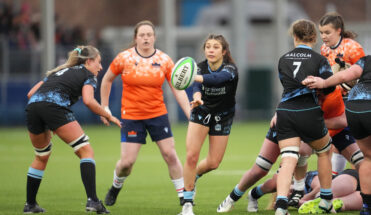
Celtic Challenge 2024/25 squads named
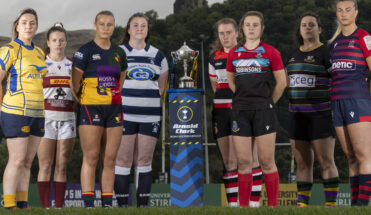
Change in details for Arnold Clark Women’s Premiership final
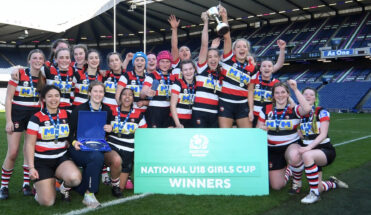
2024 National Youth Cup finalists named
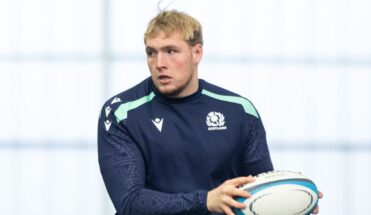
Emerging Scotland squad named for Italy match this weekend
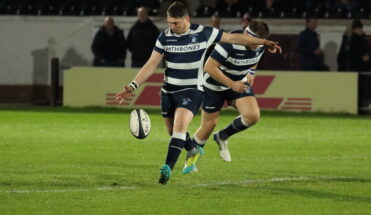
Arnold Clark Premierships feature match: Accies v Heriot’s
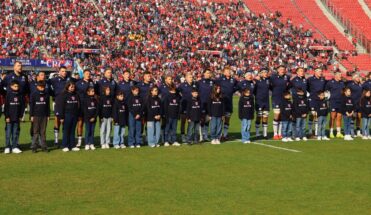
Scotland confirm 2025 summer match against Māori All Blacks

Former CEO of SP Energy Networks joins Scottish Rugby Limited Board
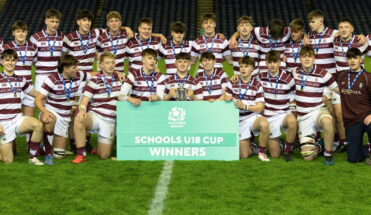
Boys Schools Cup Final matches set for grandstand finish

Ayr secure £250,000 from Growth and Participation Fund
